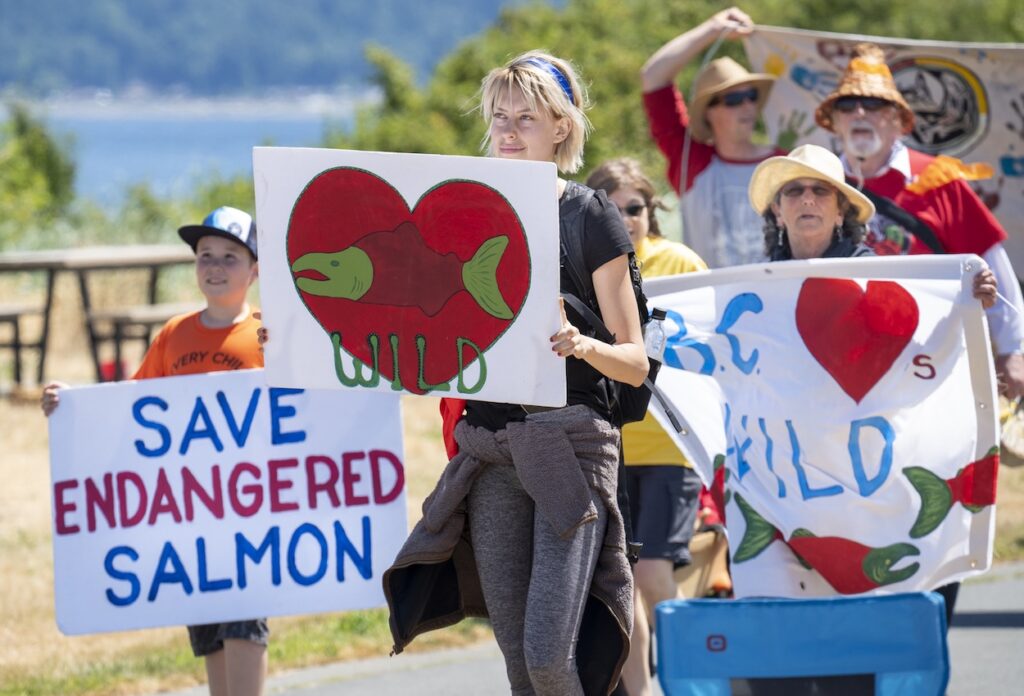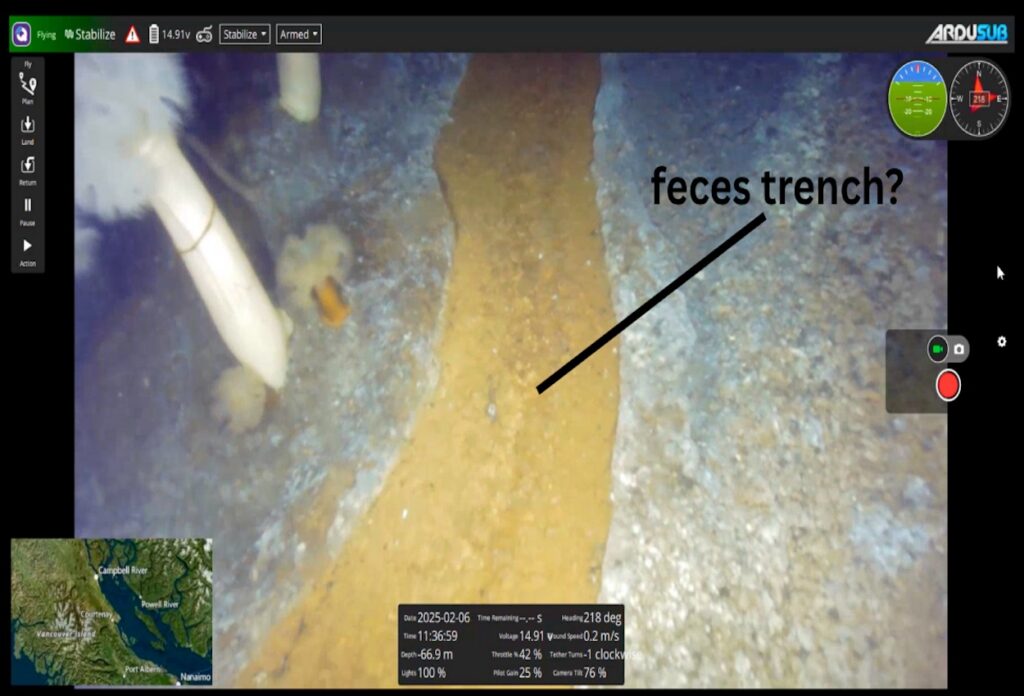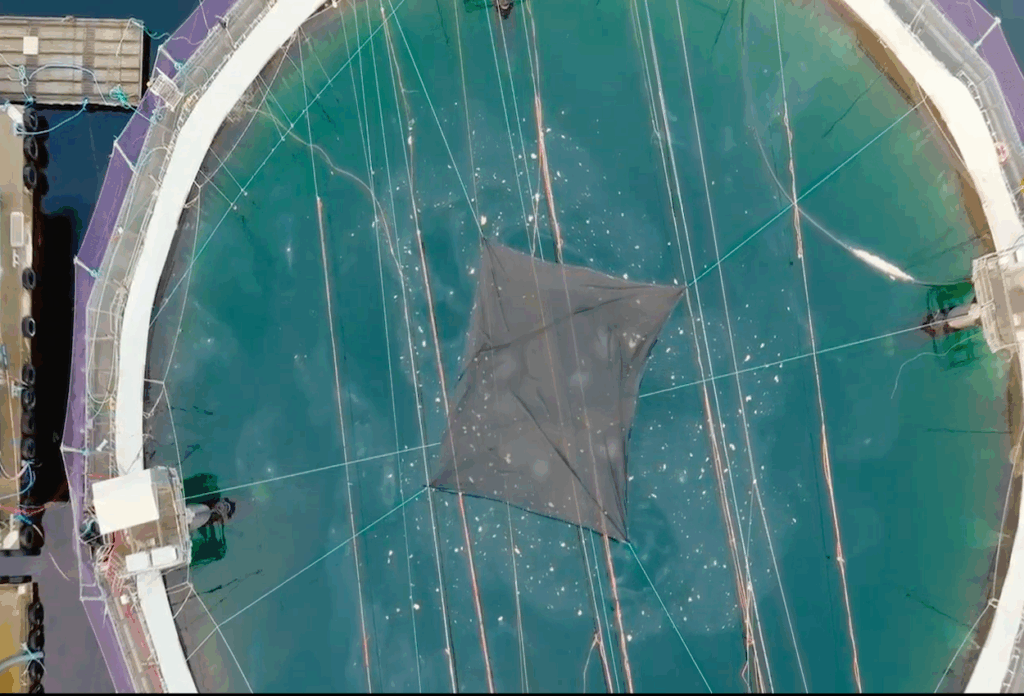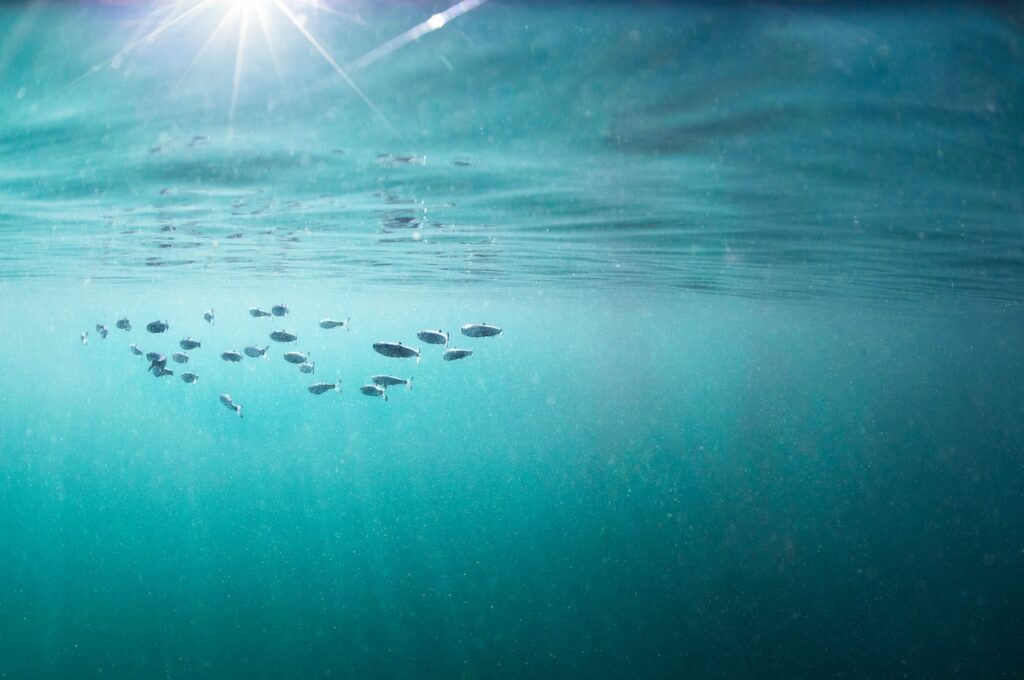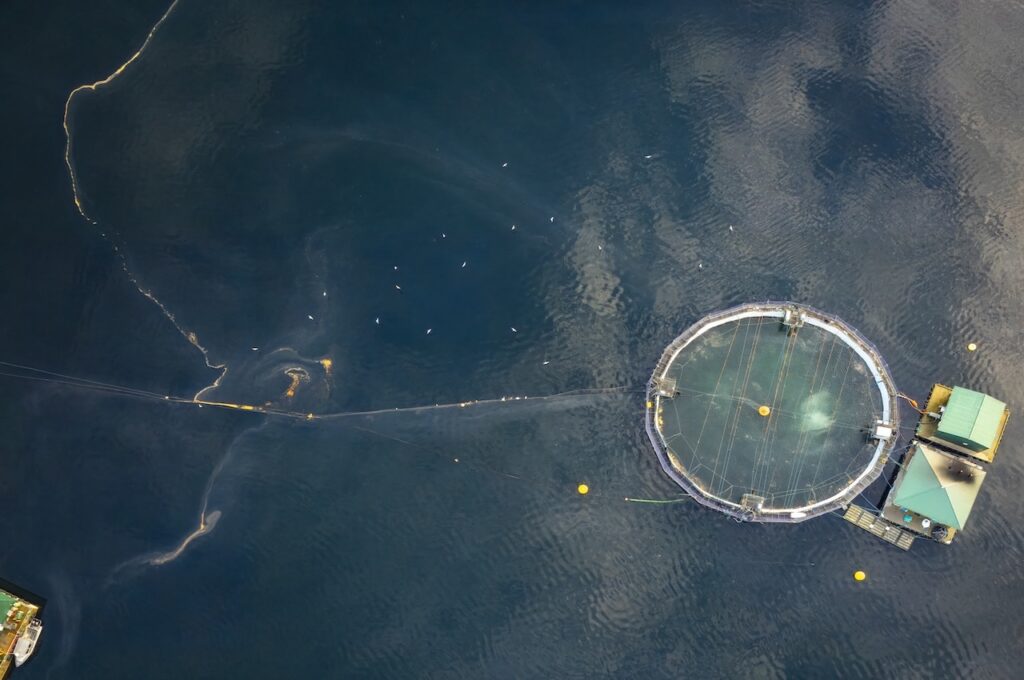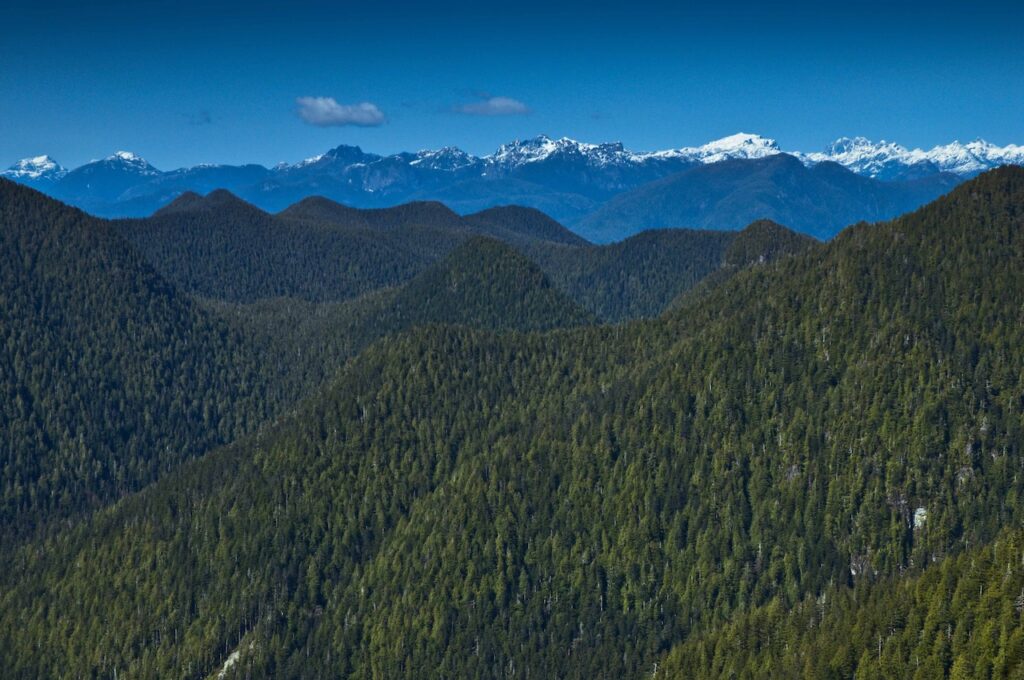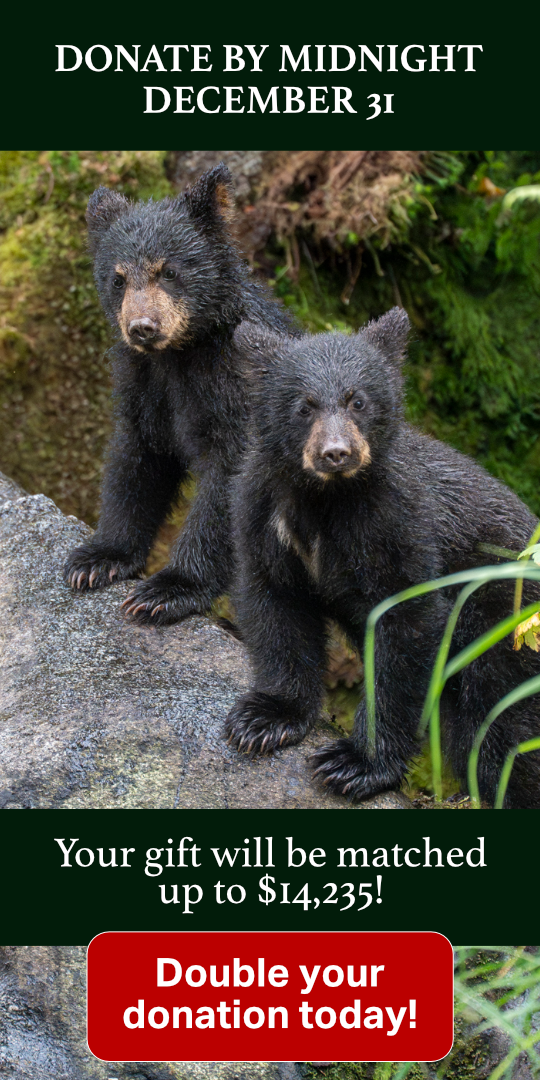The indigenous people of northern Europe are called Sami. They are known for herding reindeer on the tundra. What we learned while in Norway is that the coastal Sami culture centres on wild salmon, much like coastal Natives in what is now called British Columbia. These two species, with their predictable migration patterns, provided the protein on which a rich culture was founded—the Sami.
The Alta River in northern Norway is famous. The stretches downstream of Northern Europe’s biggest canyon teem with big salmon, and have been a mecca of sports fishing for many years. The reindeer herds also come to the banks of the headwaters to calve in the rich pastures.
A major dam on the Alta River?
Back in 1970, the Norwegian government announced plans to build a major hydroelectric dam on the Alta River. Questions about the reindeer, the wild salmon, or interference with Sami rights were not even considered. What became known as the Alta Controversy began as a conflict between the Sami and the Norwegian government. The Sami village of Masi was to be flooded, and people rightly feared extensive disruption of the environment. Eventually the resistance morphed into a People’s Movement which became a nationwide flashpoint for a growing awareness of the need to protect the environment and uphold indigenous rights.
The story is very similar to the controversy here in Clayoquot Sound, which began in 1979 when it became known that Macmillan Bloedel had plans to clearcut Meares Island. After suffering many years of colonialism, indigenous leaders organized to stop the logging—some say this was the beginning of an assertion of political power not seen since for many years under Canada’s oppressive Indian Act. Environmental groups also rallied around the cause of upholding indigenous rights and protecting the environment.
Enter Tore Bongo
Last winter, Clayoquot Action sent a Wild Salmon Delegation to Norway. We were fortunate to be introduced by reindeer herder Åsá Márgget Anti to Tore Bongo, a Sami elder and leader of the Alta movement. We spent a day at his home, and were treated to many stories and pictures from the Alta movement days, while feasting on smoked wild Alta salmon and reindeer meat.
While in Norway we had planned to deliver an online petition created by BC biologist Alexandra Morton to the King of Norway. Our host in Bergen, Kurt Oddekalv, leader of the Green Warriors of Norway, came up with the idea of printing the ten thousand signatures on a long scroll, which could then be rolled out with a flourish for the TV cameras.
By the time we got to Alta, n̓aasałuk (John Rampanen), a member of Ahousaht and Kelsemaht First Nations, had joined the Delegation. We agreed to stage the petition delivery as a joint action of indigenous people from Norway and Canada uniting to call for protection of wild salmon. The Green Warriors and Clayoquot Action would stand in solidarity with their call.
Delivering the petition to the King of Norway
We were nervous before the action. The conference hotel was crawling with extra security for the King. Luckily Kurt knew these people, having done many peaceful direct actions for over a quarter century. He spoke directly with the King’s men, told them what we planned to do, and ensured them our intentions were peaceful.
We got to the lobby, unfurled the brand new banner created by the Green Warriors, and Sami political leader Beaska Niilaas began a wolf yoik (a soul-wrenching traditional Sami song). But where was Tore Bongo? Suddenly, the front doors of the hotel swished open, and in walked Tore, just in time. He spoke to the cameras about the harm salmon farming is causing to the wild salmon on which the Sami depend.
The action ended up making the national news in Norway on two channels, and caused quite a buzz at the conference, which was a gathering of three hundred people concerned about wild salmon in Norway, including many politicians from all parties.
The Alta Controversy stopped the flooding of a Masi, a major Sami village. But it also gained quite a bit of political power for the Sami, resulting in the establishment of a Sami Parliament—ten years to the day after the first hunger strike. In the same way, the Meares Island battle translated into a major gain of political power for BC First Nations, when the Meares Island court case set a major precedent in Canadian law which got BC serious about signing modern treaties with First Nations.
Is BC Hydro’s Site C dam another Alta?
There is of course another parallel which can be drawn today, which is the similarity of the Alta Controversy to the campaign to prevent BC from building an un-needed hydrodam at Site C on the Peace River, which is being led by the Treaty 8 First Nations. Will Prime Minister Trudeau will keep the promises he made during last year’s election by upholding the rights of First Nations and protecting the environment?
Dan Lewis is Executive Director of Clayoquot Action.
